The Top Broadband ISP Technology and Internet Policy Changes for 2014-15
At the same time some 4G operators, such as Vodafone (here) and EE (here), have already started to deploy the next evolution of 4G known as LTE-Advanced (LTE-A). This method allows operators to deliver significantly faster speeds by harnessing the capacity of more than one spectrum band at once, with peak speeds of around 300Mbps+ often being mooted. People in London are the first to benefit, with others in Birmingham and Manchester set to follow and more will join them during 2015.
We’ve also seen the first demos of ultrafast 5G technologies for next-generation Mobile Broadband services beginning to show themselves ahead of an expected 2020 launch (here and here). It’s predicted that these could eventually deliver speeds of up to 10Gbps (shared capacity), although there are still tons of issues with the technology, radio spectrum harmonisation and industry standards that will need to be resolved first.
Internet Policy, Piracy, Politics and Filtering
Another change that 2014 shall become known for will be the sometimes controversial introduction of enforced adult website content filtering (Active Choice+), which required all of the markets largest ISPs to present their customers with an unavoidable question about whether or not to enable network-level filtering on their connections (i.e. Parental Controls for blocking websites).
The filtering systems were designed to make the Internet safer for children, although related services have also faced controversy over their ability to block perfectly legal websites due to errors and incorrect categorisation of the sites content (here). The fact that dating websites, beauty products and social networks were also included in the block list categories also gave rise to fears of mission creep, not to mention the ease to which such blocks could be circumvented and questions over whether or not they’re even necessary (here).
Speaking of censorship and security, the Government is gearing up to have a third bash at expanding the scope for mass state-sponsored surveillance of your telephone and Internet activity (here, here and here), which appears to be supported by the opposition Labour party (here). Labour were of course the first to propose such measures, which have both times been rejected due to a variety of concerns surrounding privacy, cost, technical feasibility, free speech and civil liberties. Expect attempt no.3 to surface in 2015, which may or may not pass depending upon the level of opposition after the 2015 General Election.
Another interesting development has been the joint agreement between the Government, Rights Holders and big broadband ISPs to introduce a new Voluntary Copyright Alert Programme (here). The VCAP system is viewed as an alternative to the struggling 2010 Digital Economy Act (DEAct) and proposes a means of tackling Internet Piracy by sending warning letters to customers suspected of sharing “illegal” copyright content via File Sharing (P2P) networks.
However VCAP’s letters, unlike those proposed by the DEAct, are designed to be educational in tone and would not include any threats of future enforcement action (e.g. disconnection, court action or financial penalties). The first copyright warning letters are expected to be sent sometime in 2015, although when we asked for an update the main ISPs all acted a bit cagey but two did provide a comment.
A Virgin Media Spokeswoman told ISPreview.co.uk:
“We have always anticipated the first letters will go out no earlier than in H2 2015 and are working on our plans for implementation.
The system will be jointly funded by the ISPs and the Rights Holders.”
A BT Spokeswoman told ISPreview.co.uk:
“We continue to work with rights holders on the development of the systems required to implement the Creative Content UK initiative to protect IP. We are taking every step to ensure that systems are robust, tested and working effectively and will reveal more in due course.”
Speaking of piracy, we’ve also seen more copyright infringement facilitating websites (e.g. P2P torrent indexes) being blocked by courts orders (example).
The other big development of 2014 was of course Scotland’s historic referendum on independence from the United Kingdom, which threatened to carve up national telecoms and broadband networks in a way that could have created all sorts of unforeseen problems for ISPs and consumers alike (here); as well as some potential benefits. But in the end more than half of Scotland ended up voting to stay as part of the UK, so we can move on.
Closing Points
Finally, one other significant but not as widely reported change in 2014 has been the subtle movement in phone line rental. In 2013 it was normal for ISPs to bundle free weekend and weekday evening calls with their broadband services, yet since then many of the big ISPs have slowly begun to remove free weekday evening calls and some have even adopted an entirely pay-as-you-go-approach.
But many of the ISPs that have gone down this path continue to charge the same price for phone line rental as they did before (currently around £16-£17 per month), which is well above the base wholesale charge for such services that has tended to remain at around £10 per month for the past few years (Openreach’s WLR pricing – excluding LLU).
It’s believed one reason for this is that most ISPs continue to use line rental increases, which often jump at well above the annual level of inflation, as a means of masking the rising cost of catering for data gobbling broadband services (i.e. broadband prices have tended to hold fairly steady). Never the less it also makes some consumers, many of whom prefer to use a mobile phone for calls, feel increasingly frustrated at how such services are promoted.
Speaking of phone services, BT will re-enter the consumer mobile market in Q2 2015 to become a quad-play provider and in relation to that they’re also working on a deal to buy EE (here), which could cause a lot of regulatory headaches. Sky Broadband might well follow, provided they can reach an agreement with one of the other mobile giants (most likely Vodafone). Otherwise little is known about the BT plan, except that it will meld 4G and WiFi connectivity to offer a potentially quite unique service.
By contrast Vodafone has recently confirmed that they’re going to re-enter the home broadband market during spring 2015 (here), which is partly driven by BT’s mobile into the mobile sector. But Vodafone has tried this before with their defunct ‘Vodafone At Home’ service, which closed in 2011. Hopefully they don’t repeat the same mistakes.
Lest we not forget the on-going “margin squeeze” battle between TalkTalk, Sky Broadband and BT over FTTC pricing that is due to reach a climax sometime this month when Ofcom reports the results. It’s likely that the regulator will push for a slight reduction in wholesale FTTC prices, although if they do then we suspect it won’t make a big difference and if it does then BT may attempt to tie Ofcom up in legal knots. This whole debate will also be complicated by BT’s moved to buy EE, which will change the equations a bit.
Speaking of wholesale services, BT also wants to fold their BTWholesale division into the semi-separate BTOpenreach (here). Ofcom are currently investigating the request, which would save BT money but worries their competitors because some of the services are supposed to be kept separate in order to prevent BT from abusing their dominant market position.
Otherwise 2015 is already shaping up to be an interesting year for broadband policy because of the 2015 General Election, which is due to be held on 7th May. We’ve already seen plenty of reports positioning for the country to adopt a focus on deploying Gigabit broadband speeds (here, here and here) and this may foster some interesting manifestos, although so far we’ve yet to see any firm commitments.
Admittedly the coalition Government’s BDUK programme might have been criticised for setting the bar too low (24Mbps+ for all), but at least it was affordable during a period of strict austerity and the time-scale is viable. Crucially if a new Government comes in then the risk of the current approach being unable to complete its roll-out may rise (i.e. due to a policy adjustment), not least because those having to wait the longest are predominantly people in rural areas. More delays would not be welcome.
Mark is a professional technology writer, IT consultant and computer engineer from Dorset (England), he also founded ISPreview in 1999 and enjoys analysing the latest telecoms and broadband developments. Find me on X (Twitter), Mastodon, Facebook and Linkedin.
« BTOpenreach Tweaks UK Line Rental and Ethernet Prices for 2015
Latest UK ISP News
- FTTP (5533)
- BT (3518)
- Politics (2542)
- Openreach (2299)
- Business (2267)
- Building Digital UK (2247)
- FTTC (2045)
- Mobile Broadband (1978)
- Statistics (1790)
- 4G (1669)
- Virgin Media (1621)
- Ofcom Regulation (1466)
- Fibre Optic (1396)
- Wireless Internet (1392)
- FTTH (1382)


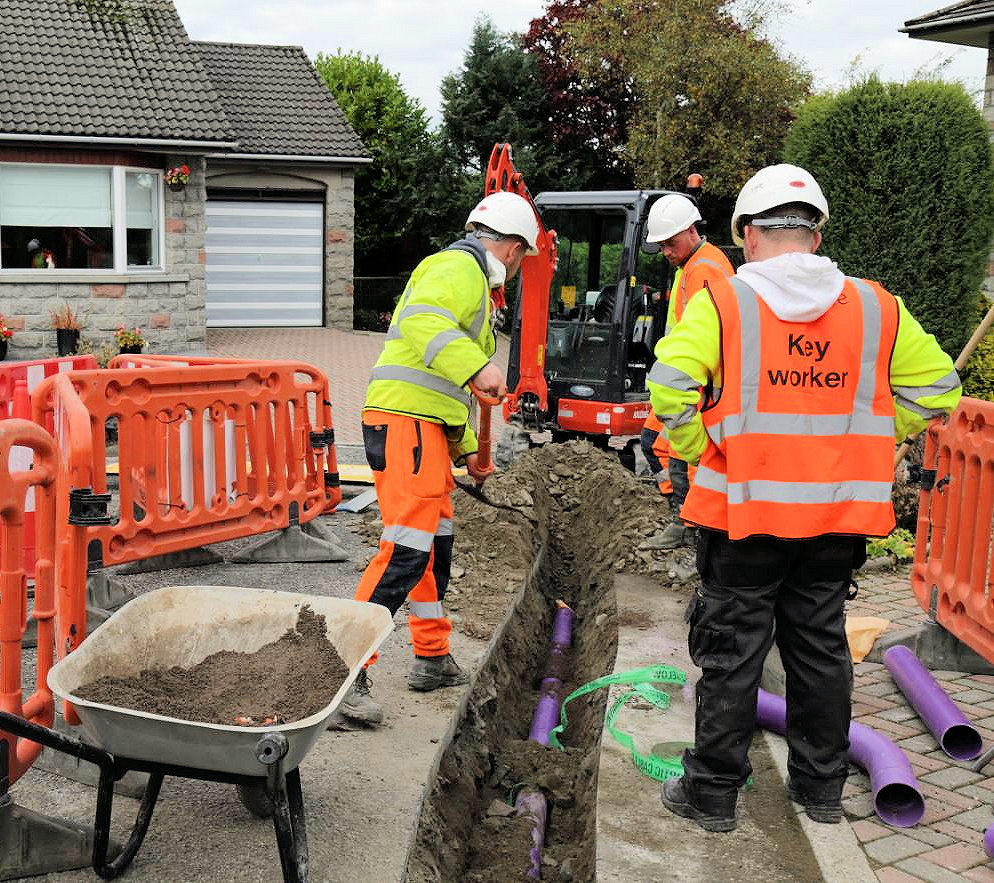

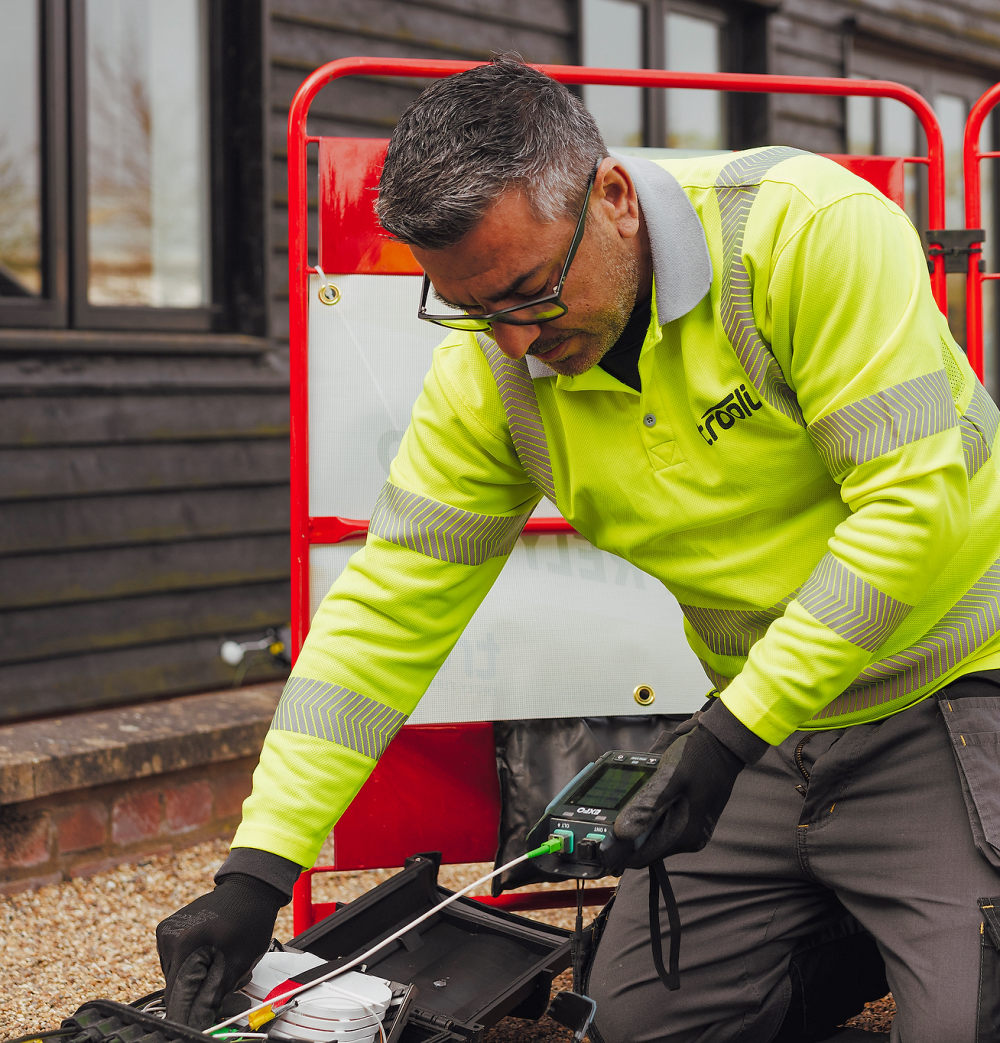
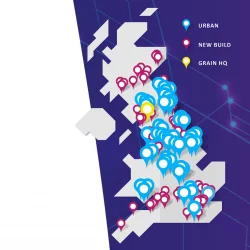













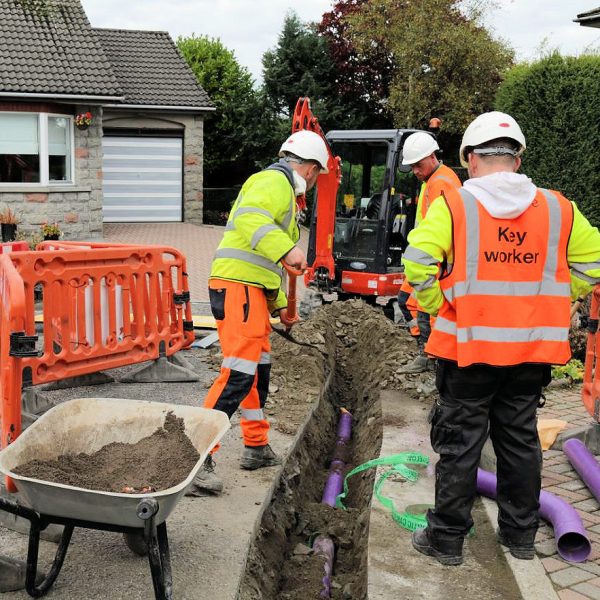

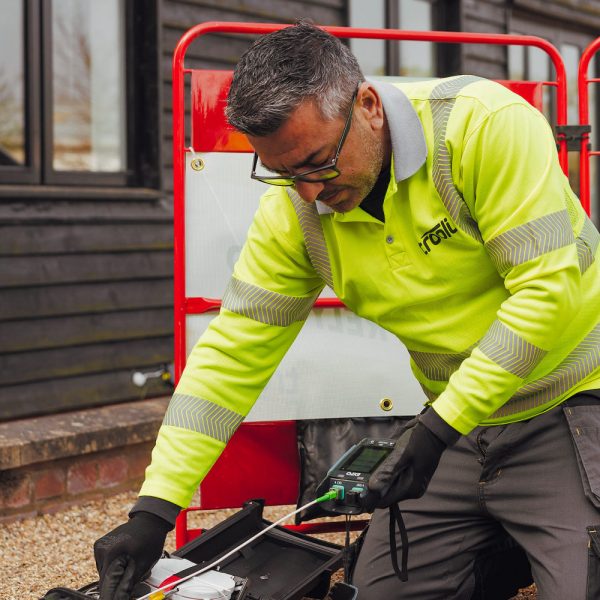


































Comments are closed